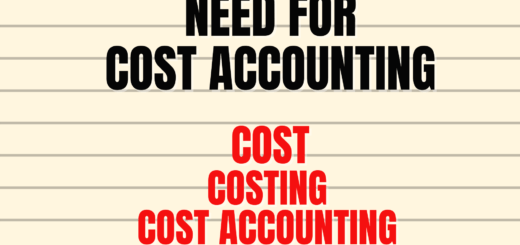40+ Process costing MCQ | Cost Accounting MCQs (Free Resource)
31. Byproducts and main products are differentiated by
(a) number of units per processing period
(b) weight or volume of outputs per period
(c) the amount of sales value per unit
(d) none of the above
32. A Petroleum company assigns certain value based on the calorific value to each petroleum product, and these values become the basis of apportionment of joint cost among petroleum products. This is an example of –
(a) Average Unit Cost Method
(b) Physical Unit Method
(c) Survey method
(d) None of the above
33. Under this method of allocation of joint costs, even high-quality items may have a lower price
(a) Contribution Margin Method
(b) Survey method
(c) Average Unit Cost Method
(d) None of the above
34. This is also known as ‘ Weighted Average Cost Method’.
(a) Contribution Margin Method
(b) Survey method
(c) Net Realizable Value Method
(d) None of the above
35. Under this method of allocation of joint costs, higher-priced items are charged more costs –
(a) Contribution Margin Method
(b) Market Value Method
(c) Average Unit Cost Method
(d) None of the above
36. This method of allocation of joint costs is useful when the products are not saleable at the spilt- off stage without further processing
(a) Market value at the point of separation
(b) Net Realizable Value
(c) Market value at finished stage
(d) None of the above
37. For the purpose of allocating joint costs to joint products, the sale price at point of sale, reduced by costs to complete after split-off, is assumed to be equal to –
(a) Joint Costs
(b) Total Costs
(c) Net Sales Value at split-off
(d) Sale price Less normal profit margin at point of sale
38. Joint Costs are normally allocated on the basis of relative
(a) Profitability
(b) Sales Value
(c) Direct Labour Hours
(d) Direct Machine Hours
39. Net Realizable Value is defined as
(a) Sales value at split-off point
(b) Sales price minus fixed costs
(c) Sales price minus joint costs
(d) Sales price minus costs to complete the product
40. Joint Costs are allocated according to sales value of individual products under –
(a) Market Value Method
(b) Average Unit Cost Method
(c) Survey Method
(d) Physical Unit Method
| Answer: 31)the amount of sales value per unit 32)Physical Unit Method 33)Average Unit Cost Method 34)Survey method 35)Market Value Method 36)Market value at finished stage 37)Net Sales Value at split-off 38)Sales Value 39)Sales price minus costs to complete the product 40)Market Value Method |



1 Response
[…] Process Costing […]